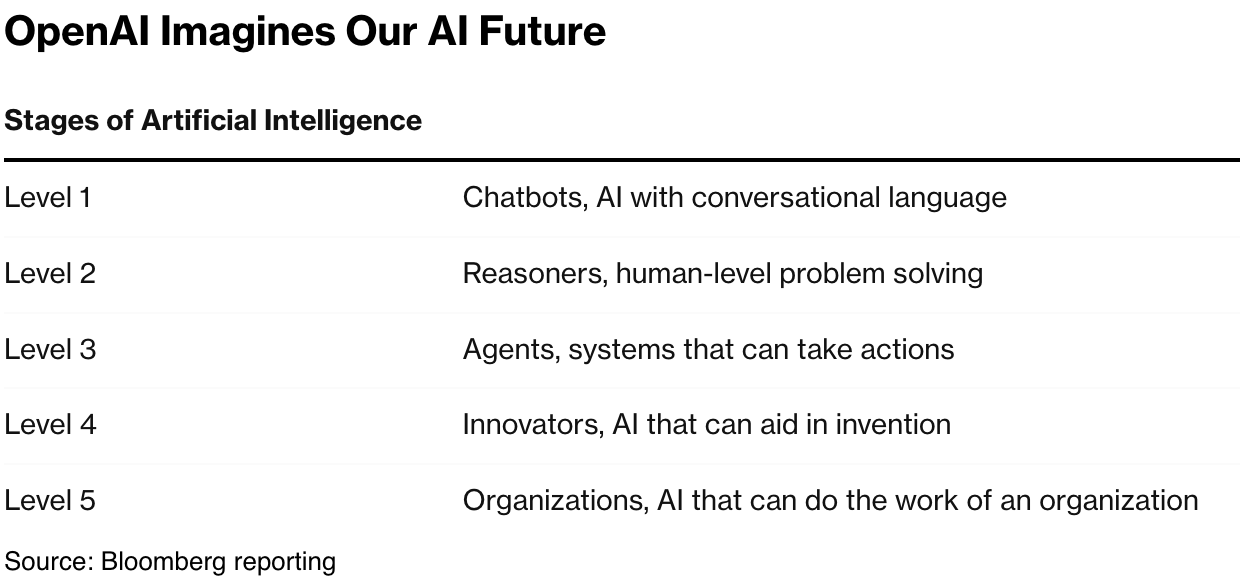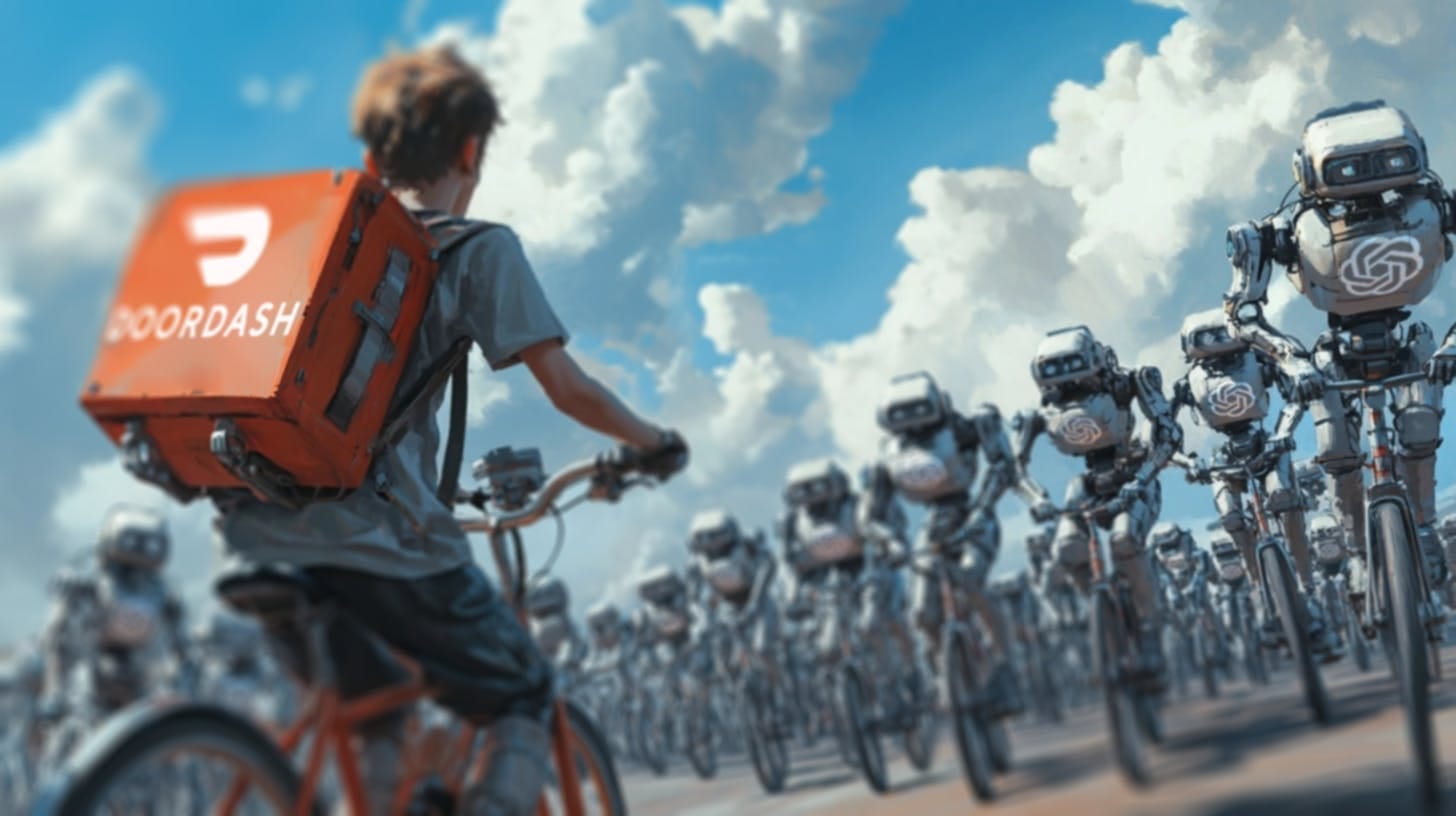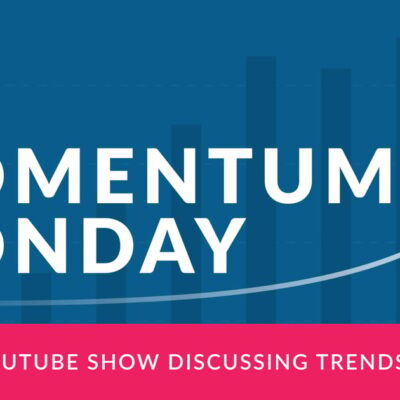
AI: Re-aligning Incentives in an AI Agent driven world. RTZ #669
Charlie Munger, long the investment partner of legendary Warren Buffett of Berkshire Hathaway fame, had a quote that’s been one of my long-term core favorites. He famously said, “Show me the incentives, and I will show you the outcome.” This quote highlights the crucial role incentives play in shaping behavior and outcomes, whether in business, finance, and now in AI.
This advice now has a huge role to play in this AI Tech Wave , especially with chatbots, and voice driven AIs in particular. Especially as they soon go about their AI reasoning and agentic tasks. And become the new ‘aggregation layer’ for the attention of millions of businesses and billions of users. Let me explain.
The Information hints at this fast approaching issue in “OpenAI’s ‘Agents’ Pose Risks to DoorDash, Other Consumer Apps”:
“Before OpenAI in January launched Operator, its artificial intelligence that uses the web to plan trips, compile reports and shop online for people, it asked DoorDash to be an official “launch partner” for the new product. DoorDash agreed—but it had a question.”
“In a meeting last fall between the companies, a DoorDash executive asked OpenAI managers to “take this to its logical limit,” according to someone who attended the meeting. If only AI bots rather than people visit the DoorDash site, that wouldn’t be so great for DoorDash’s business, the executive said.”
They were thinking about the alignment of incentives of course.
“OpenAI, Anthropic and Google in recent months have launched AI known as agents that can automate tasks on consumer devices by taking over people’s web browsers. The agents can apply for jobs, find in-network doctors, and purchase food or other goods and services on people’s behalf.”
“The implications for a broad array of website owners are becoming clear: If the software gets good enough, people may skip using those companies’ apps altogether, making the AI firms powerful intermediaries.”
“DoorDash’s site, for instance, carries restaurant ads—a small but growing source of revenue for the company. But if people don’t open DoorDash’s web app, the value of ads will decline, prompting restaurants to pull back from buying the ads, said a person who has worked on Operator.”
“Other firms with larger advertising businesses, including Uber and Instacart, also agreed to inclusion as launch partners in OpenAI’s announcement about Operator. But the rise of web-browsing agents—if they take off—could hurt all of these companies.”
Good question, with no clear, immediate answers. History rhyming again:
“This isn’t the first time this kind of disintermediation has happened. In the past, social media and search have posed similar threats to news publications.”
The optimistic view goes as follows:
“However, a bad outcome isn’t guaranteed, said Andrew Lipsman, a retail media consultant. What the AI firms think consumers want to do with the technology isn’t necessarily going to pan out, he said, citing Amazon’s Alexa voice assistant and other prior technologies that threatened to change how people buy things.”
“I’ve seen this scenario play out before where everyone was predicting a future that kills advertising, and it does not happen,” he said.”
But the worries persist, especially on Wall Street:
“The debate about AI agents’ impact on retail has already found its way into public forums, including Amazon’s earnings conference call in February.”
“Asked how agents might affect the company’s e-commerce business, CEO Andy Jassy said, “Most retailers are going to have kind of terms in which they’re going to interact with agents, and we’ll be no different that way.”
“It’s possible for companies to block Operator from accessing their sites. Reddit, for instance, has already done so.”
The AI companies are of course leaning into the argument that they’ll work with partners to figure out ‘win-win’ outcomes:
“In response to concerns from DoorDash and other retailers about Operator’s potential impact on their business, OpenAI staff told them web-browsing agents could be valuable sources of referrals to retailers’ sites, said the person who has worked on the product.”
“As part of the agreement with OpenAI, launch partners like DoorDash also could receive aggregated data on the most common uses of Operator and the traffic it is driving to their site, according to a person with knowledge of the agreement.”
“During the meeting last fall with OpenAI managers, the DoorDash executive said that by participating in the launch, the restaurant-delivery firm would at least be able to learn more about the new technology. But his other comments left no doubt of the potential conflict between AI developers and retailers, the attendee said.”
“Even if web-browsing agents don’t take off the way OpenAI thinks they will, the company has an increasingly important source of referral traffic to retailers: ChatGPT.”
Referral traffic was of course a consolation prize for news and content sites the last time the internet got revamped with Google Search over two decades ago:
“Traffic from generative AI apps to retailers’ websites is still “modest” compared to paid search or email, according to a report from Adobe, but it’s growing like a weed. And in a survey of 5,000 U.S. consumers Adobe published this month, 39% of respondents said they have used generative AI for online shopping tasks like getting product recommendations or creating shopping lists.”
“ChatGPT’s fast growth could give OpenAI leverage over any website publisher or retailer when it comes to allowing new technology such as agents to traverse their apps and sites.”
And the ecommerce sites are of course evaluating other options for Agentic AI and more, especially with the onset of Voice driven AIs soon:
“Agents are hot topics in the AI field. Earlier this month, OpenAI released tools to help developers build web-browsing agents of their own. Although web-using agents still have many kinks, they are gaining notoriety. China-based Manus, for instance, went viral for automating tasks such as drafting in-depth stock analyses and looking for New York properties that fit a buyer’s budget and preferences.”
Especially given the likelihood that mainstream users will likely anthropomorphize with AI agents more than they should:
“The rise of web-browsing agents has prompted some companies to think about how their advertising or product discovery strategies might change.”
“For instance, one way for retailers to parry the threat of web-using agents is to build agents of their own to interact with them, providing recommendations or additional product information, said Hari Vasudev, chief technology officer of Walmart’s U.S. business.”
“The web-using agents and Walmart’s theoretical agent would “establish a shared understanding of customers’ needs,” he said. Walmart’s systems will have to inform the web-using agent about everything that’s available in its stores, he said.”
Lots of cross-currents and possible outcomes here.
Foggy outlook indeed on the incentives front. This next stage of the AI Tech Wave is fraught with concerns about aligning incentives with current partners on the internet, as we figure out the next levels of innovation. Stay tuned.
(NOTE: The discussions here are for information purposes only, and not meant as investment advice at any time. Thanks for joining us here)












